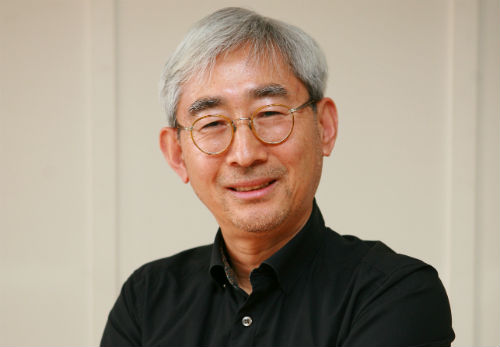
On January 10, 2017, Barack Hussein Obama, the 44th President of the United States delivered his farewell address, wrapping up his eight-year presidency. The first African-American to have served as president, as well as the first born outside the contiguous United States, Obama broke down in tears as he delivered his farewell speech. His supporters gathering at McCormick Place, Chicago, frequently interrupted the goodbye speech of their beloved president with cheers and tears. His farewell speech will be remembered, I believe, as one of the most memorable farewell addresses ever, probably the best one since the farewell address of the first President George Washington.
Watching and listening to the farewell speech of Obama live through CNN, I found myself in tears. It was the first time, I remember, that I have ever cried while watching any politician’s speech. Obama’s farewell address was an emotional one indeed, and I was overwhelmed by the beauty of the speech that highlighted the American tradition of democracy and faith in fellow American people to continue the tradition. But the real reason behind my tears was that at a certain point I felt Obama was speaking to not just the American people, but also to us Koreans who have just gone through the most frustrating time in our nation’s history of democracy.
Less than two weeks shy of successor Donald Trump’s inauguration, Obama asked his fellow Americans for a fastidious defense of American values. “Understand, democracy does not require uniformity,” Obama said. “Our founders quarreled and compromised, and expected us to do the same. But they knew that democracy does require a basic sense of solidarity ― the idea that for all our outward differences, we are all in this together; that we rise or fall as one.” Just two months prior to the final decision of the Constitutional Court of Korea to uphold the impeachment in a unanimous 8–0 decision and remove Park Keun-hye from office, and just four months prior to a fresh election to elect the next president of Korea, Obama seemed to be telling the devastated Koreans something. Namely, that the maturation of democracy is achieved through a process of many quarrels and compromises, and that it requires a “basic sense of solitary — the idea that for all our outward differences, we are all in this together; that we rise or fall as one.”
The central message of Obama’s farewell speech is that democracy as a system is not perfect and never has been, it can only be improved when the people believe and participate in democracy and bring about change. He pointed out that the United States has not been “flawless from the start,” but the American people have “shown the capacity to change.“ “Our Constitution is a remarkable, beautiful gift. But it’s really just a piece of parchment,” Obama said, “It has no power on its own. We, the people, give it power. We, the people, give it meaning — with our participation, and with the choices that we make and the alliances that we forge.” He kept pounding the central message, "Change only happens when ordinary people get involved, get engaged, and come together to demand it.“
Listening to the farewell speech of Obama, I could not help but imagining Obama nodding his head at us the Korean people and even padding our shoulders, and saying “You Koreans, the ordinary Koreans in particular, got involved, got engaged, and demanded the change. And you made it. ‘The Candle Citizens’ reshaped your democracy.” More importantly, it seems like he is telling this to the Koreans: “Democracy can buckle when we give in to fear. So just as we, as citizens, must remain vigilant against external aggression, we must guard against a weakening of the values that make us who we are.“
Farewell Obama, but we the Koreans who made the ‘Candle Revolution’ possible will remember you. And we will cherish your faith in the power of ordinary citizens to bring about change.

